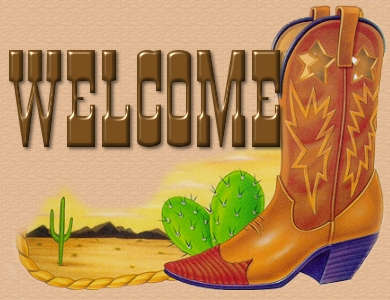Watergate
Watergate is the political scandal involving illegal activities on the part of the incumbent Republican administration of President Richard M. Nixon during and after the 1972 presidential election campaign. The first inkling of the scandal was the arrests at Democratic Party Headquarters in the Watergate complex in Washington, D.C., of five men who broke into the headquarters - which eventually led to Nixon's resignation in August 1974. So much did the Watergate scandal affect the national and international consciousness that many scandals since then have been labeled with the suffix "-gate."
War of 1812
"The War of 1812 was fought between the U.S. and Great Britain from 1812-14, though some fighting continued after the Treaty of Ghent was signed in December of 1814. Most of the fighting took place along the Canadian border, in Chesapeake Bay, and along the Gulf of Mexico. After the American Revolution, the U.S. was anxious for the British to withdraw from American territory and their unwillingness to sign trade agreements with the U.S. The British were keeping the U.S. from trade with themselves and with France, with whom they were battling (French Revolutionary Wars, Napoleonic Wars). They captured U.S. ships and took hostages and goods and, by 1812, the British had blockaded America's coasts, ruining American trade and finances. So, the U.S. attacked the British colony of Canada. There was fighting on land and at sea - and though the Americans were not prepared at first, they started to gain power. There was strong opposition to the war from its citizens. In 1814, Britain defeated Napoleon and France. They could easily have turned all their force against the U.S., but they were tired of war. They signed the Treaty of Ghent (Belgium) in December, in which neither side gained anything, but the war ended. The War of 1812 marked the first time the U.S. got involved in foreign affairs and it was the beginning of its movement to becoming a world power."
Wagon Trail, Wagon Train
In U.S. history, the most famous wagon trail was the Santa Fe from Independence, Missouri to Santa Fe, New Mexico. It was an important commercial route (as were the Oregon Trail, Smoky Hill Trail, and later the Southern Overland Mail route) between the 1820s until railroads took over around 1880. Merchant wagon caravans traveled in parallel columns and when they were attacked by Indians, which was often, formed a circular line of defense. A wagon train was a caravan of settlers emigrating to the American West. One type of wagon, the Conestoga, became famous as a freight wagon and as part of wagon trains, and its descendant, the prairie schooner, was the most common vehicle used by settlers in the opening of the American West. Wagon trains tended to follow a fixed daily schedule from 4am rising to 7am departure, then 4pm encampment.
Ed Sullivan
The "Ed Sullivan Show" premiered in 1948 - but was first called "Toast of the Town" (till 1955). It became the longest-running variety show (through 1971) and showcased all types of acts. Thousands of performers made their television debut on the show, among them Fred Astaire, Irving Berlin, Victor Borge, Walt Disney, Hedy Lamarr, and Jane Powell. The largest audiences were attracted by the Beatles and Elvis Presley.
Wimbledon
Wimbledon, England, is the site of the All-England Championships in tennis. The tournament, first held in 1877, is now one of the four grand slam events in professional tennis. Wimbledon was originally played by amateurs but the championships were opened up to professionals in 1968. Women joined the tournament in 1884, mixed doubles and women's doubles in 1913. Rod Laver of Australia and Billie Jean King of the United States won the singles events in 1968.
Paris September 2018
3 years ago




No comments:
Post a Comment